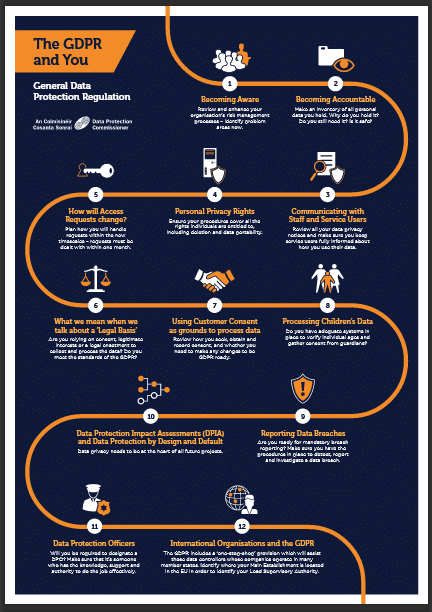Energy management is crucial to most businesses in the UK. This is primarily because energy usage substantially affects all organizations, whether large or small. The good news is that, energy costs can be controlled through improved energy efficiency. And this is exactly why Energy Savings Opportunity Scheme (ESOS) came into being ? to promote competitiveness among businesses.
Energy Savings Opportunity Scheme is the realisation of the UK Government’s ambition towards achieving the maximum potential of cost-effective energy in the economy. ESOS aims to stimulate innovation and growth, cut emissions and support a sustainable energy system.
ESOS at a Glance – Legal Perspective
The EU Energy Efficiency Directive took a major step forward on November 14, 2012 and headed towards establishing a framework to promote energy efficiency across various economic sectors. To interpret Article 8 of the Directive, the government has given birth to ESOS; requiring large enterprises to undergo mandatory energy audits and energy management systems by December 5, 2015 and at least every 4 years thereafter.
Large enterprises include UK companies that have more than 250 employees or those businesses whose annual turnover exceeds ?50 million and whose statement of financial position totals more than ?43 million. With this, over 7000 of the biggest companies in Britain will need to comply with ESOS as an approach to review their total energy use in buildings, business operations, transport and industrial processes.
Generally, ESOS is both an obligation and an opportunity. It is an obligation for the indicated target companies since they need to submit to additional regimes; focus on audit evidences; act in accordance to group structures and compliance; and observe limited penalties and note retention periods. Moreover, it is also an opportunity for companies to strive for more savings on energy projects; attempt to standardise their potential market; and effectively lower debt and legal costs.
ESOS Audits ? Looking Beyond
According to the Department of Energy and Climate Change (DECC), average first audit costs would be estimated at about ?17,000 and subsequent ones at around ?10,000. As expected, these audits will result in energy saving recommendations, of which companies need not proceed for a follow up; and substantially improve businesses in their energy management issues. DECC further states that every business that complies with ESOS could save an average of ?56,400 each year from an initial investment of ?17,000 only.
Currently, up to 6,000 UK businesses are already subject to existing CRC Carbon Reduction Scheme, Mandatory Carbon Reporting, Climate Change Levy and other compliance. This signifies that ESOS may overlap with prevailing energy efficiency legislation and may put additional pressure on energy administration. While this is true, however, ESOS holds extensive benefits. Although the scheme can be viewed as another costly compliance to environmental standards, ESOS goes straight to the bottom line and provides the organisation with competitive advantage. If large businesses act now and comply with it, they will be able to enjoy maximised payback in the long run.
Indeed, Energy Savings Opportunity Scheme is already here. It is mandatory with minimal investment. And all you have to do is act quickly, implement new improvements and earn more.
Contact Us
- (+353)(0)1-443-3807 – IRL
- (+44)(0)20-7193-9751 – UK
